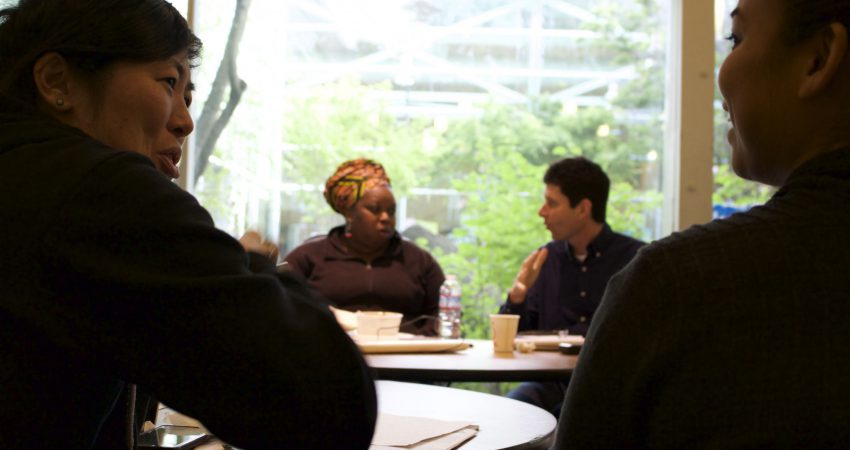
By S. R. Nelson, J. C. Leffler, & B. A. Hansen - May 2011
PAPER CITATION
Nelson, S. R., Leffler, J. C., & Hansen, B. A. (2009). Toward a research agenda for understanding and improving the use of research evidence. Portland, OR: Northwest Regional Educational Laboratory.
WHY IT MATTERS TO YOU
By understanding what does shape policymakers’ and practitioners’ decision-making and the role of research evidence in those decisions, the research community may be able to improve the likelihood that their work will be used to directly inform policy and practice.
What Is The Issue?
This brief is from the report’s Executive Summary: Many researchers and research funders want their work to be influential in educational policy and practice, but there is little systematic understanding of how policymakers and practitioners use research evidence, much less how they acquire or interpret it.
The study seeks to contribute to that goal by identifying when, how, and under what conditions research evidence is used by policymakers and practitioners; what other sources of information these individuals rely on; and what factors serve as barriers or facilitators to using research evidence in making policy and practice decisions. In shedding light on those topics, we hope to uncover promising areas for future investigation by researchers.
What Was The Study?
The study used a combination of structured focus groups and individual interviews to elicit comments from a limited, self-selected sample of 65 influential leaders in the areas of policy and practice. Participants represented six groups of federal, state, and local educational interests. These included congressional staff members, deputy state commissioners of education, state education committee legislators, school board trustees, school district superintendents, and school district staff such as central office personnel, building principals, and teachers. Specifically, study participants shared their insights into the following questions:
1. What factors influence change in educational policy and practice?
2. What evidence is used to inform educational policy and practice?
3. What are barriers to using research evidence in educational decision making?
4. What facilitates using research evidence in educational decision making?
5. What sources of research evidence are used in educational decision making?
What Were The Findings?
Among the findings, one of particular importance to researchers stands out: In this study, policymakers and practitioners did not mention research evidence as often, nor discuss it as strongly, as other sources of information, including political ideology, practicality, economic factors, etc. Study participants expressed skepticism about research evidence (empirical findings derived from systematic methods and analyses) and noted its limitations. While almost all participants stated that research evidence plays a part in policy and practice decisions, they rarely identified it as a primary factor. Rather, most study participants responded that research evidence plays a more indirect role.




